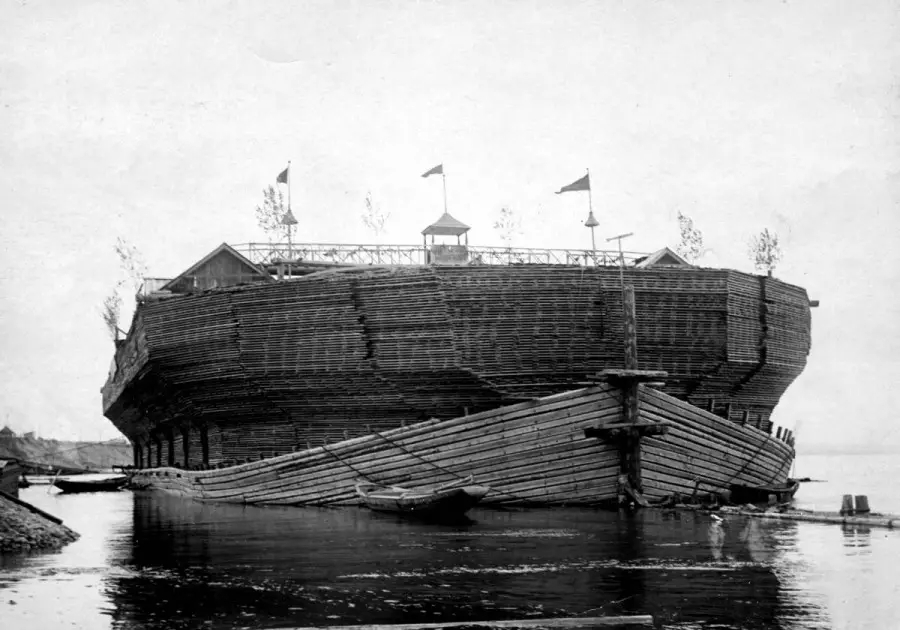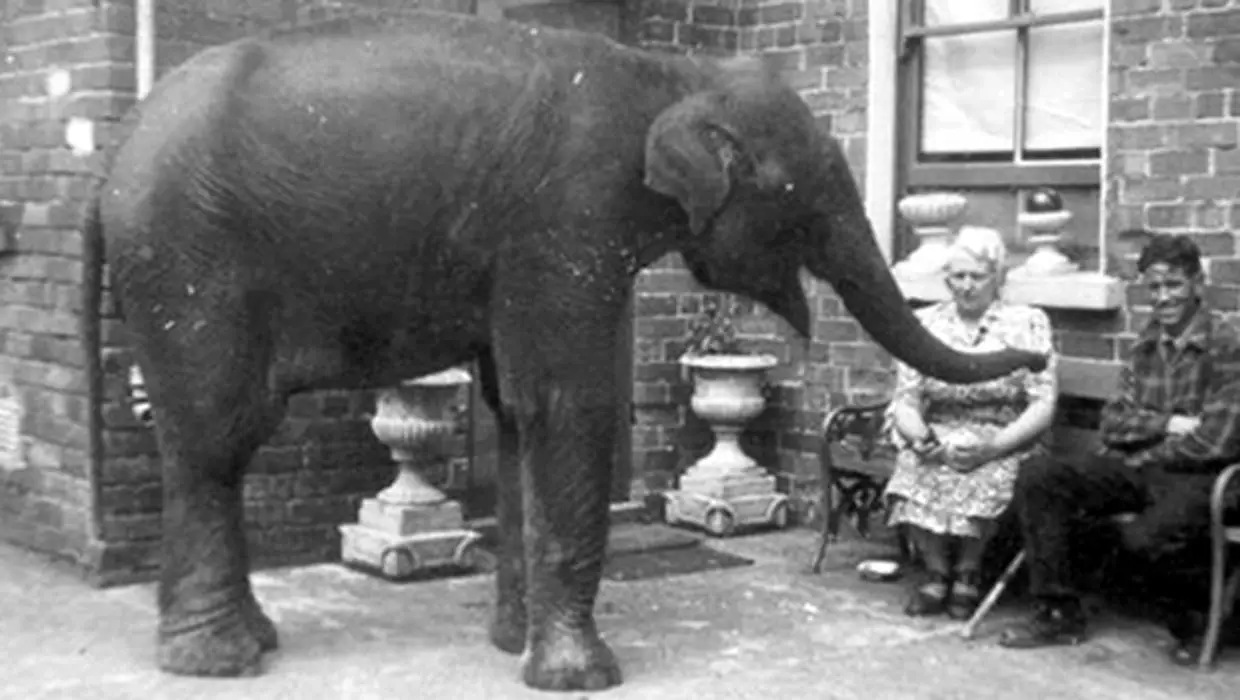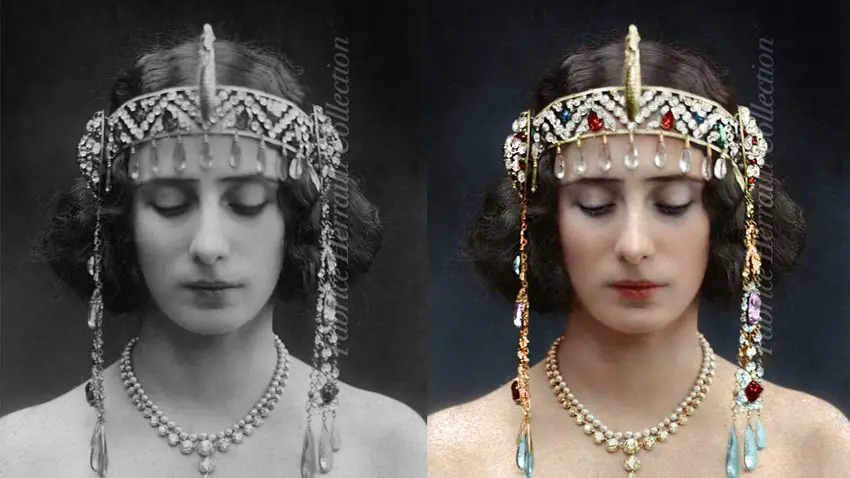Between 1450 and 1750, a frenzy occurred across Europe and the now U.K. — religious zealots seized any excuse available to condemn citizens (mostly women, but not all) as witches.
They were tortured and executed in the most excruciating ways, but the killing continued unabated for 300 years.
Content
Scotland, in particular, went after so-called witches with a vengeance. Today, the government is looking to right that wrong, and is inching its way toward a pardon for the almost 4,000 people who were killed in the name of flimsy proof they were witches, including claims they could transform themselves into owls.
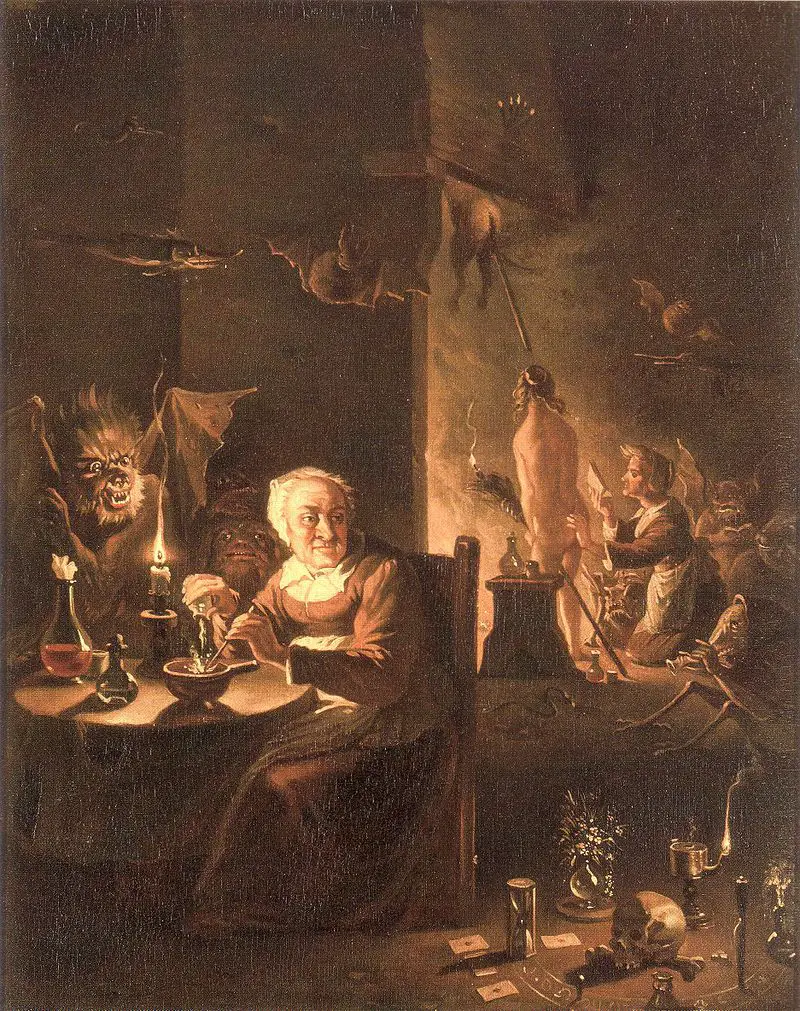
Witch Hunt
Some women were accused for no other reason than their marital status; if they were widows or single, a suspicious eye often turned their way, and they were branded evil.
Witch hunts took place all across Europe. The first to occur in Scotland, records show, was in 1590 in a town called North Beswick, on the coast. Approximately 60 people were accused, including a servant named Geillis Duncan.
Duncan was tortured – sleep deprivation was a common method, and then burned at the stake. The town had been zeroed in on by the king, James VI, who believed the citizens had conjured evil spirits to impede the arrival of the ship carrying his bride.
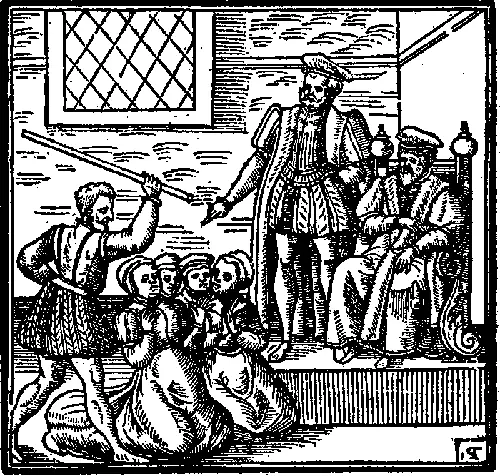
Witchcraft Act
Duncan finally caved in under such pressure and physical pain, and implicated several important locals, including a midwife and a schoolmaster. According to documents from the University of Glasgow archives, the school teacher, James Fian, was a “sorcerer,” and he, too, was first strangled then burned at the stake.
William Shakespeare took some details from this trial and incorporated them into the play some consider to be his most macabre, “Macbeth,” or the Scottish play, as suspicious types who work in the theatre prefer to call it.
Scotland even drafted the Scotland Witchcraft Act, which took effect in June, 1563.
Fantastic and fascinating read below:
For reasons that seem almost ludicrous now, Scotland took to the task of accusations and executions with unparalleled zeal.
Witches Of Scotland
Some experts estimate that during the centuries witch trials were held, Scotland put five times as many people to death as all of the rest of Europe.
One of the founders of the group Witches Of Scotland, which advanced the request for the pardon on International Women’s Day in 2020, said to the press that, “most of them were women.” This co-founder, Claire Mitchell, added wryly, “we absolutely excelled at finding women to burn in Scotland.” The country executed individuals even more frequently than England.
Identifying “witches” was done by means impossible-to-counter, including the presence of a physical mark. While it may have been a simple, innocuous birth mark, not something anyone can control or erase, it was seized upon as proof that the individual was indeed an agent of the Devil, or an actual demon.
Pardoning those who were burned at the stake posthumously is not unprecedented.
Salem Witch Trials
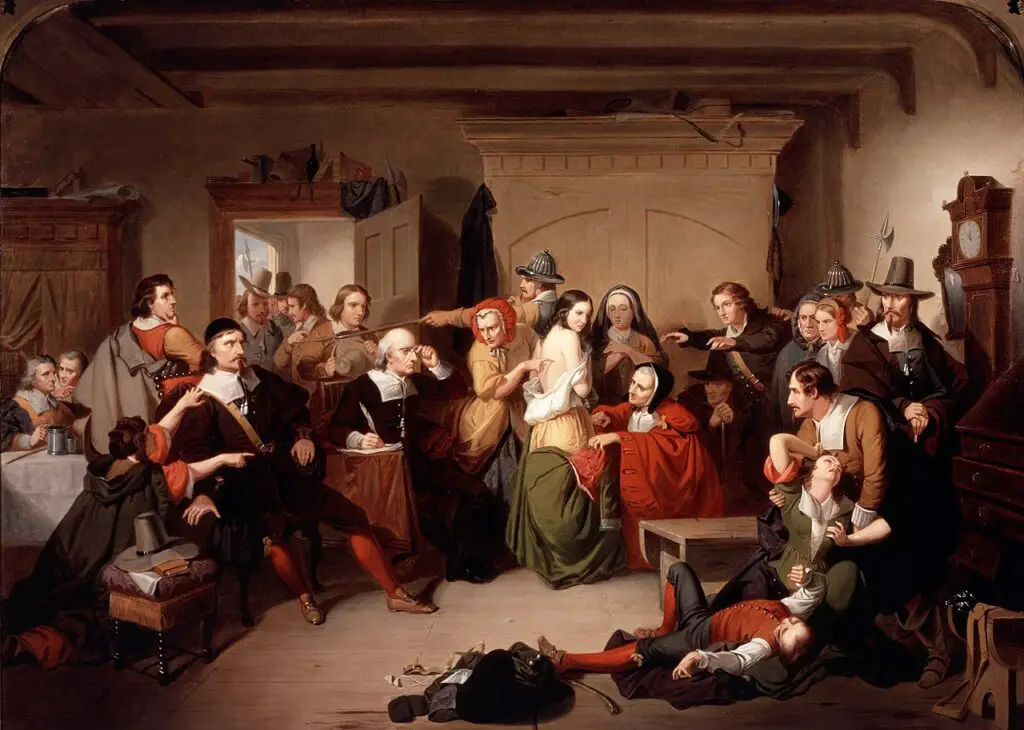
Perhaps even more infamous than the witch trials in Europe are those that occurred in Salem, Massachusetts. Books, plays and even television shows have dramatized the many gruesome incidents of condemned women being set on fire, all the while claiming they did nothing to warrant such treatment. They were almost all granted a pardon by the state government by 2001.
International Women’s Day seems a fitting time to request absolution for those in Scotland who were condemned as witches, as at least 80 percent were women.
It was not only religious zealotry that caused the witch hunts. There was civil unrest, distrust of one’s neighbours and economic hardship – all played a part in citizens pointing fingers and levelling accusations at one another.
In a modern context, the term “witch hunt” is often employed by disgruntled politicians who resent having to be accountable for their actions while serving in public roles.
Another Article From Us: Ducking Pond Where Witches Were Drowned
We would love you to join us on: Facebook and Instagram
However, they have little understanding of what a real witch hunt meant only a few centuries ago: a woman dragged from her home, arrested, given no opportunity to defend herself from spurious charges, and then tied to a stake and burned.
